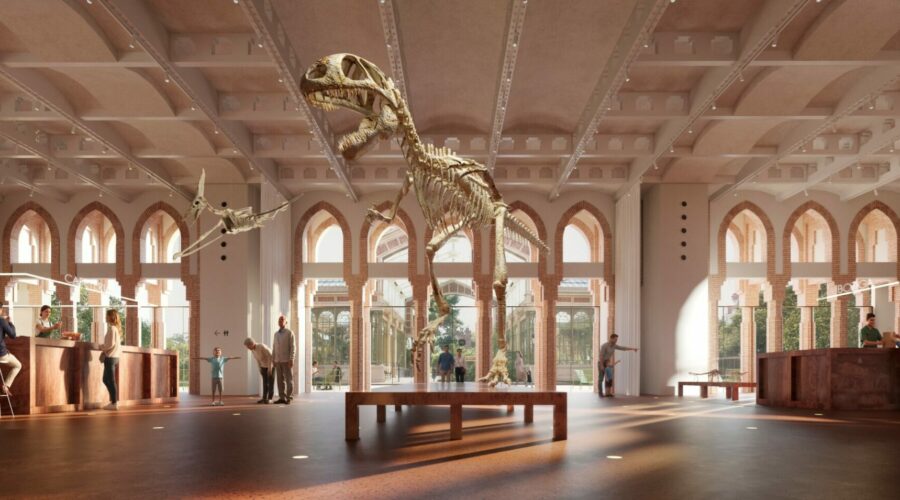
In recent years, the concept of “adults only” hotels has been gaining ground in the Spanish tourism sector.
These are establishments that prohibit access to minors, with the aim of offering a quiet and relaxed atmosphere to their adult guests.
However, this type of hotel has generated controversy due to the possible discrimination it implies.
For its part, the tourism sector defends that this type of hotel is just another option and that there is an important demand from a public seeking peace and quiet and relaxation.
In fact, according to the Spanish Confederation of Hotels and Tourist Accommodation, 5% of Spanish hotels have this classification.
When did “adults only” come about?
The “adults only” concept emerged in the 1970s in large resorts in the Caribbean that catered mainly to the adult American public.
Its promise of value was to offer a honeymoon atmosphere and total disconnection without boys and girls making noise.
In Spain, the first establishment of this type opened in Gran Canaria in 2008 and since then the concept has been spreading throughout the country.
This type of tourism is experiencing a sweet moment and experts point out that this is due to the dynamism of the tourism sector and the constant search for new attractive products for customers.
According to Pablo Díaz, lecturer in Tourism at the UOC’s Faculty of Economics and Business, childless couples with double incomes have a high average expenditure and are an interesting target audience for adults-only hotels.
A trend that generates debate
However, this trend has generated debate, as some consider that it implies discrimination against families with children who are excluded from this type of establishment.
Moreover, some argue that age discrimination affects not only minors, but also older people, who may feel excluded from adults-only hotels because of their age.
The tourism industry denies that these practices are discriminatory, but consider them an option and remind that no parent would take their young children to a Michelin-starred restaurant. What these hotels seek to do is to promote tranquillity.
Several hotels even subtly seek to dissuade the family public with details such as not having a children’s menu available in the restaurant or not having high chairs or extra beds.
In addition, some places promote total relaxation and wellbeing, emphasising that their establishment is not suitable for children.
What is important is that both tourist establishments and consumers are informed about their rights and obligations in order to avoid any discrimination against children.



